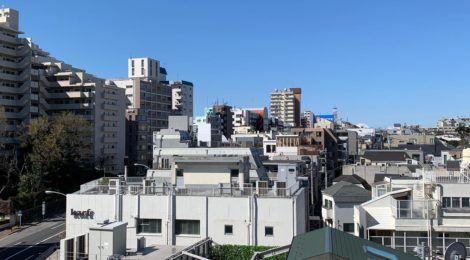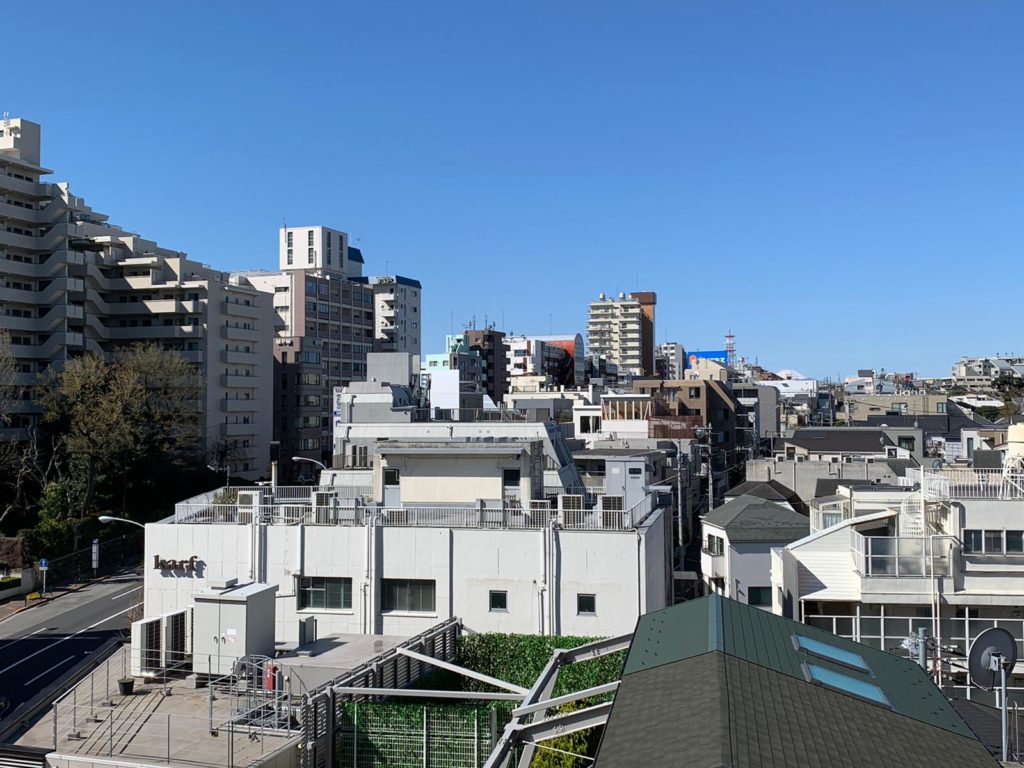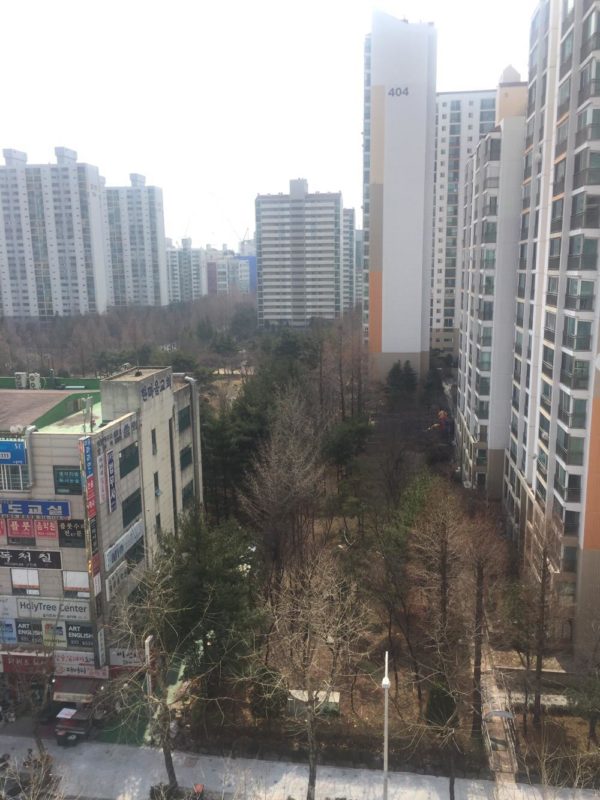
Voices from the Coronavirus Pandemic: Japan and South Korea
– Federica Galvani & Annalisa Mariani & Andrea Baldessari-
L’11 marzo 2020 l’Organizzazione Mondiale della Sanità ha dichiarato il Coronavirus pandemia, dopo che, in pochi mesi, dall’epicentro di Wuhan il virus si è diffuso in tutto il mondo.
Da questa data, i governi di tutto il mondo sono stati messi di fronte a una grande sfida, il COVID-19 è diventato il protagonista assoluto dei media internazionali e i cittadini di tantissimi Paesi hanno dovuto cambiare il loro stile di vita.
Tutti noi, come cittadini ma soprattutto come esseri umani, ci troviamo di fronte a una situazione imprevista e imprevedibile.
Noi di Orizzontinternazionali pensiamo che, seppur confinati in casa, continuiamo ad essere uniti a livello internazionale. Per questo abbiamo deciso di raccogliere alcune testimonianze da Cina, Hong Kong, Giappone e Corea del Sud, primi Paesi ad aver affrontato l’epidemia di coronavirus e dove ora i contagi si stanno riducendo.
I protagonisti delle nostre interviste sono persone normali, amici e conoscenti che, come noi, stanno affrontando una nuova quotidianità. Ci siamo confrontati con loro sulle paure, sulle preoccupazioni, sull’impatto dei messaggi lanciati dai media e sulle misure adottate dai rispettivi governi.
Iniziamo con Giappone e Corea del Sud.
Ed (30 years old) – UK citizen living in Tokyo

Tokyo view from Ed’s apartment
Tokyo, 16th March 2020
1) Where do you live and how long have you been there?
I live in Tokyo, Japan. I moved here in September 2013 and am currently working in a video production and media company.
2) What did your country do and what is it doing to fight against Coronavirus? What are the main measures adopted?
The government has taken considerably less action and made far fewer public announcements than in other countries, despite Japan being one of the first countries outside China to register confirmed cases of COVID-19.
Prime Minister Abe took the decision to close schools from the beginning of March, and many large public attractions (such as Tokyo Disneyland) also closed. Lots of companies followed suit, with many still advising (or demanding) that employees work from home.
Many large events have been postponed indefinitely or cancelled throughout the Spring. Other event and social cancellations have mostly been corporate-driven, with companies taking the decision not to hold events or drinking parties.
Restaurants, cafes, bars and clubs and other public places are still open to the public, and are generally seeing only a slight decline in custom – but It’s the lack of foreign tourists that has impacted businesses the most.
At the moment it is very unlikely that a state of emergency will be declared or any strict measures taken – but the current situation will no doubt be extended.
3) What is the main worry that you perceive from the national media? What feelings do you have after hearing your government’s communications about the virus?
Testing has been far behind other Asian countries such as South Korea, or European countries such as Italy, so it’s impossible to gauge how widespread the problem is currently.
Although people have been suspicious, or extremely critical of the government’s approach, there is no considerable panic or public anger. In recent days we’ve seen some ‘coronavirus fatigue’ with fewer people wearing masks (or perhaps just unable to buy them, and continuing to go about their daily lives.
The media is considerably quieter than in Europe, so it’s worrying that many people aren’t aware of the scale of the problem. PM Abe and politicians are insisting in public that the Olympics and Paralympics will go ahead as planned but people aren’t so sure – a recent survey said 69% disagree.
My worry is that people will start going back to their normal routines in the absence of strict guidance and detailed information and cause an explosion of cases.
4) How are you facing this situation? What is your main feeling? (Worry, anxiety, sadness, desperation)
I am in my third week of working from home, and during this period I have been practising some social distancing and limiting my movements – mostly staying at home or near home, avoiding crowded public places, and avoiding most public transport.
I think this is probably typical, or possibly a little more than most people my age. Stations are definitely quieter in busy periods – but by no more than one third.
5) What is your daily routine?
I’ve been following the news from Europe closely. As a UK citizen it is of particular concern – but the inaction of the UK government pales in comparison to that of Japan!
It’s very scary to see how cases in Western Europe have skyrocketed when there’s very little information in Japan. I know a few people who are self-isolating in the UK and in the US with what they believe is COVID-19, and it’s extremely worrying.
Perhaps, by a combination of sheer luck and some early action, Japan will have avoided a public health emergency like in Europe, but it’s hard to tell.
Trains are still fairly busy, restaurants are still full of people… we may yet be on the precipice of disaster.
H. K. (40 years old) – from Seoul
Seoul, 17th March 2020
1) Where do you live and how long have you been there?
I live in South Korea. I have lived in China for one year and half, but I came back to South Korea right before CNY (which was on January 25th).
2) What did your country do and what is it doing to fight against Coronavirus? What are the main measures adopted?
By the time I came back to South Korea, the first few cases, one or two, of Covid-19 were confirmed in South Korea. At the beginning, almost all the patients were had links to Wuhan, China. While the other neighbouring nations such as Taiwan, Singapore, and even Hong Kong imposed restrictions on entry from China, the Korean government didn’t take such measures. The government explained this was because of the Cross-national reciprocity. (I think she means economic exchanges).
In addition, the government suggested that the entry restrictions would not be effective due to the advanced globalisation.
Instead, self quarantine and voluntary reporting from the people coming from China were encouraged, but not made compulsory. However, as the Coronavirus cases in Wuhan kept increasing rapidly, measures were taken to limit entry from Hubei province at the beginning of February.
In mid February, in Daegu, a city in Korea, the number of infected people surged due to the infection of a heresy religious group called the Sincheonji Church. The situation in Daegu and surrounding areas quickly deteriorated, and some people even compared it to Wuhan in China.
Unlike the Chinese government’s regional lockdown measures in Wuhan, the Korean government and the people were against the city lockdown in Daegu. The government encouraged the self-quarantine of Daegu citizens, and supported part of the living expenses during quarantine of suspect Covid-19 cases.
Due to the closed nature of the heretic religion, the church of Sincheonji, the government concentrated on finding the believers and persuading them to be tested quickly in order to prevent community infections and ensure proper treatment to all confirmed patients.
When the healthcare resources became short due to the sudden increase in the number of patients, the policy was of minimising the number of deaths by focusing on treating in hospital only severe patients.
Although the diagnosis of Shinchonji believers is almost finished, and the large-scale spread is slowing, the government continues to campaign for social distancing as the sporadic confirmation of cases within small groups has continued.
However, all of this is done autonomously within the liberal democratic system and cannot be enforced by law.
3) What is the main worry that you perceive from the national media? What feelings do you have after hearing your government’s communications about the virus?
The opinion on the current leftist regime’s action differs greatly depending on the individual’s political orientation.
Supporters of President Moon, believe that the response to the virus was the most advanced action that could be taken in a democratic country.
The rightists counter-argue claiming that the government did not actively take actions in the early stages of the outbreak and that it was “too naïve” and therefore caused great damage to people in Korea.
However, the majority of citizens are positively evaluating (and trusting) advanced medical systems, such as the rapid development of diagnostic kits, drive-through diagnostic methods, and the relatively low mortality rate.
4) How are you facing this situation? What is your main feeling? (Worry, anxiety, sadness, desperation)
Rather than the fear for the disease itself, many people are feeling slightly depressed as the situation persists since a long time, the main worry is that “social distancing” would become longer. The epidemic can get me, but it’s even worse that I can transfer it to the people I love.
Moreover, Korean society tends to be more cautious individually because of the criticism of irresponsibility that would come from being a super spreader in this situation. People say this is a high level of citizenship.
5) What is your daily routine?
After my husband goes to work in the morning, I usually help my kid’s home based learning and I try to go out once a day wearing a mask. I’m trying to avoid the large shopping malls or indoor playgrounds, but I feel safe outdoors as most people wear masks.
6) Which type of news to you get of Italy from the media in your country?
In Italy, I heard that the mortality rate is high because the treatment is focused on mild patients who can recover more easily rather than on elderly severe patients. I also was told that travelling is restricted and quarantine measures have been taken in the whole country.
However, thanks to the cheerful Italian citizenship, it is so impressive that Italian people encourage neighbours and relieve stress through flash mobs, singing songs and shouting cheers!
Jungeun Kim (28 years), from Goyang-si

Goyan-si view from Kim’s apartment
Goyang-si, 15th March 2020
1) Where do you live and how long have you been there?
I live in Goyang-si, South Korea, and I have been here for around 5 years.
2) What did your country do and what is it doing to fight against Coronavirus? What are the main measures adopted?
Especially in a city called Daegu where a huge number of infected people are related to one specific church, the government has focused their investigation on church-related people to contain further spread of the virus.
Since the biggest outbreak in Daegu, the government ordered all schools and universities to close. It also advised everyone to keep their distance from each other and avoid attending social, religious, or other gatherings. The government is also running restless tests on those who had a contact with the infected ones and making sure that those who are possibly infected stay isolated.
Regarding the masks, it has become harder to buy them as the supplies can’t meet high demands. Also, there are individuals who are taking the COVID-19 as an advantage by selling the masks at a higher price, making everyone reluctant to buy them. Thus, to meet the demands and to make sure that all residents in Korea are given a chance to purchase masks, the government has introduced a new measure where each person can buy 2 masks per week from pharmacies on a specific day of the week, depending on the final number of his/her year of birth.
3) What is the main worry that you perceive from the national media? What feelings do you have after hearing your government’s communications about the virus?
The biggest concern that the media is covering is both on mask purchase and their usage.
Before the “2 masks per week” measure was introduced, there has been a controversy of unequal distribution of masks both offline and online. So, it has been very competitive among Korean citizens and they are willing to wait in line even before the stores are opened. The new measure of “2 masks per week” has eased this tension, but mask distribution still remains everyone’s concern.
For everyone’s safety, masks can be used only for one day. So people are looking to find how to use masks more than once under the competitive situation. Based on so much discussion made in the media, it is mentioned that it is okay to use the same mask again once more as long as we have not been in crowded places. In other words, if masks have been used for a short time in an open space, it is safe to use it again. But Korean citizens are still in state of confusion as there is no solid guideline for re-using the masks.
The Korean politicians have involved in many ways in response to the virus. For instance, some are putting efforts in containing the virus from further infecting their assigned province. Also, there is one politician, who has a medical license and has volunteered to work as a medical staff. With these activities, some of the politicians are gaining a rise of popularity, which can bring a difference to the general election to take place in April.
4) How are you facing this situation? What is your main feeling? (Worry, anxiety, sadness, desperation)
What is your daily routine?
I am a teacher at an English academy in Korea, but the academy has been closed ever since the Ministry of Education ordered all schools to close due to COVID-19. So, I’ve been staying home for 3 weeks so far.
My family and I luckily have a good amount of masks that we bought months ago, but we are still trying not to go out so that we don’t run out of them.
I have been trying to be productive by doing some studies at home, but it is still frustrating not being able to go out (except those days when I buy masks and everyday supplies).
It is still unknown when I will be going back to work and I miss those days when I was free going out with my family.
5) Which type of news to you get of Italy from the media in your country?
The South Korean media sees the situation in Italy worse than that in South Korea. As the number of infected people has surpassed those in Korea, the media says that the accelerating spread of virus in Italy is due to having one of the largest aging population, who are believed to be more vulnerable to COVID-19. The media interviewed some of the Korean residents in Italy and learned that they are also having a difficult time with their daily lives.